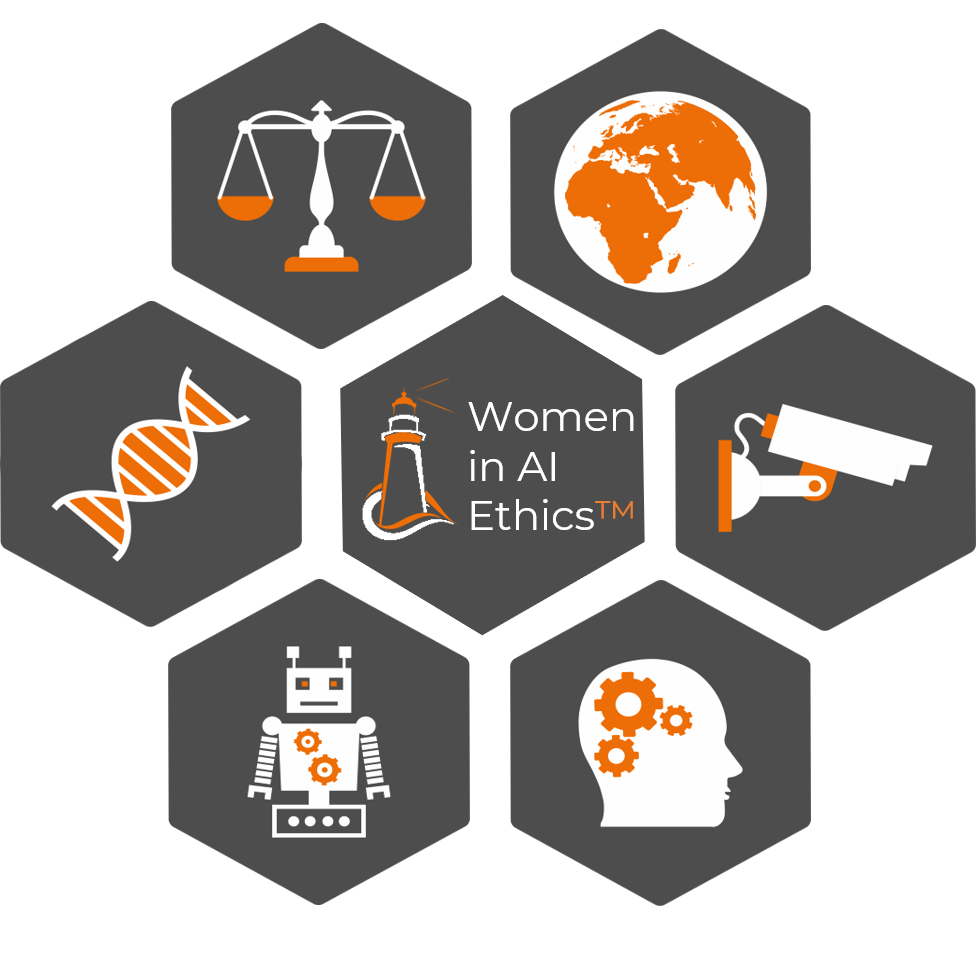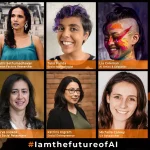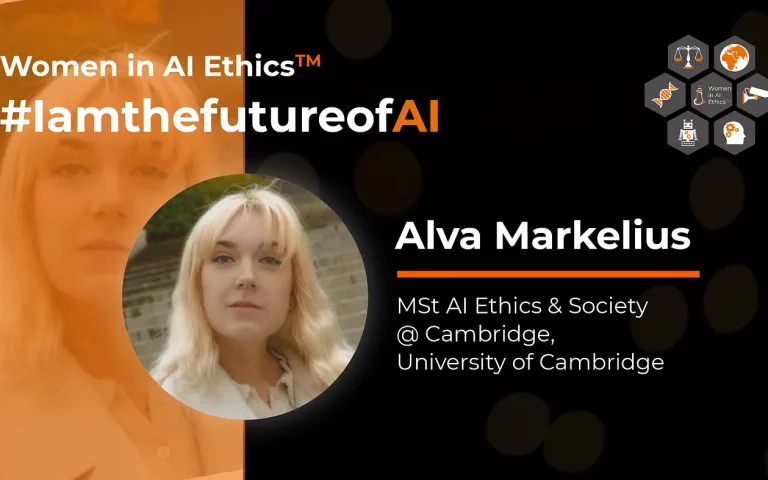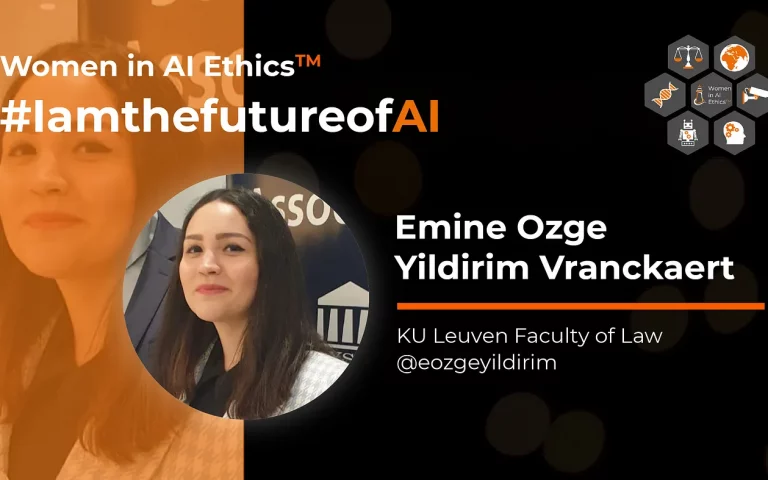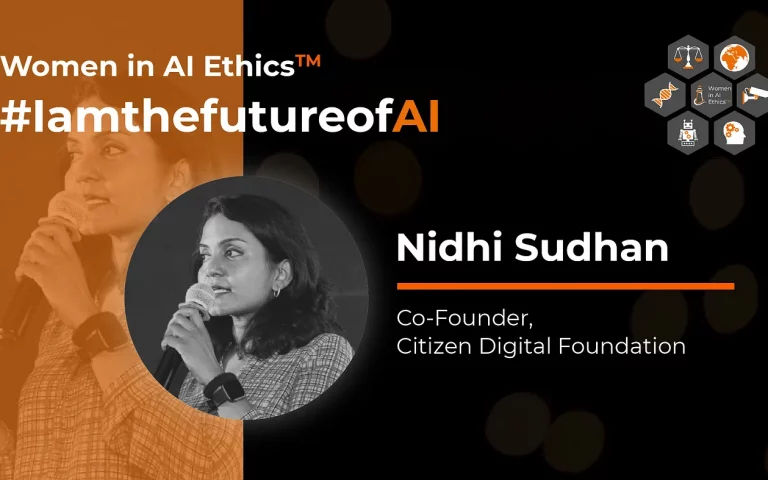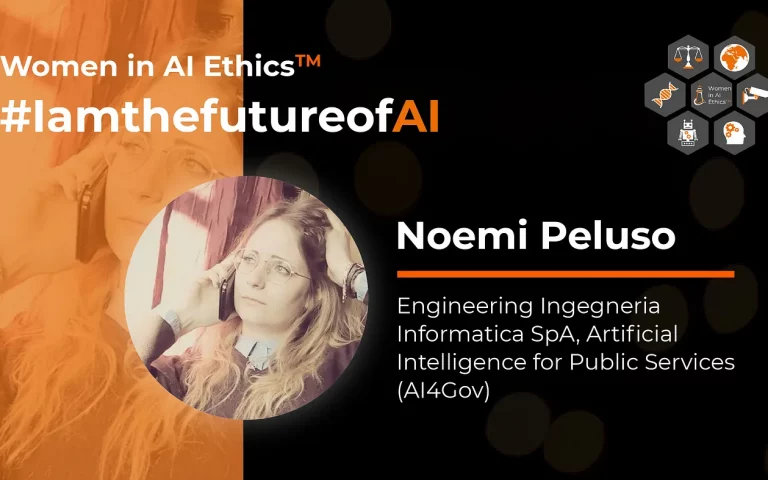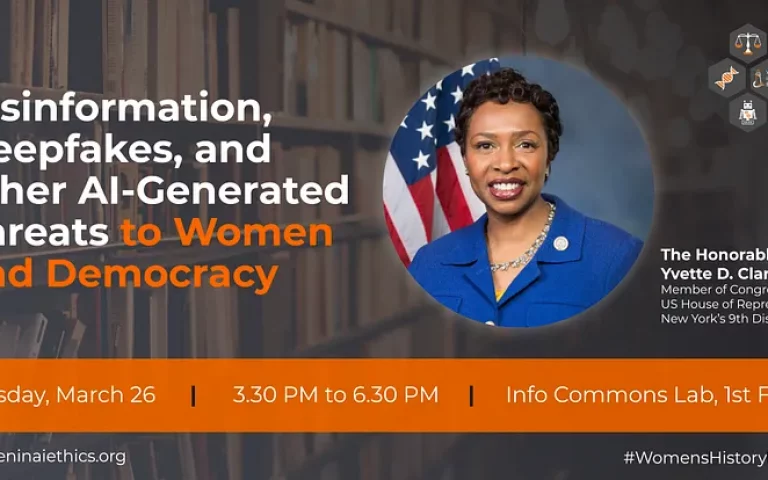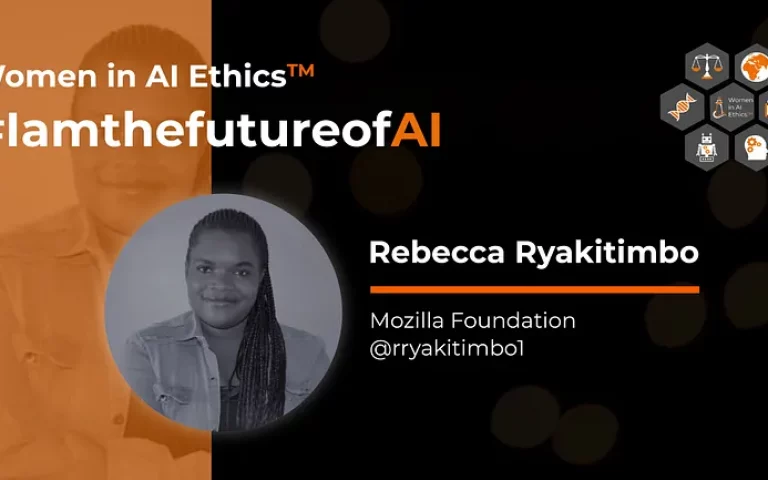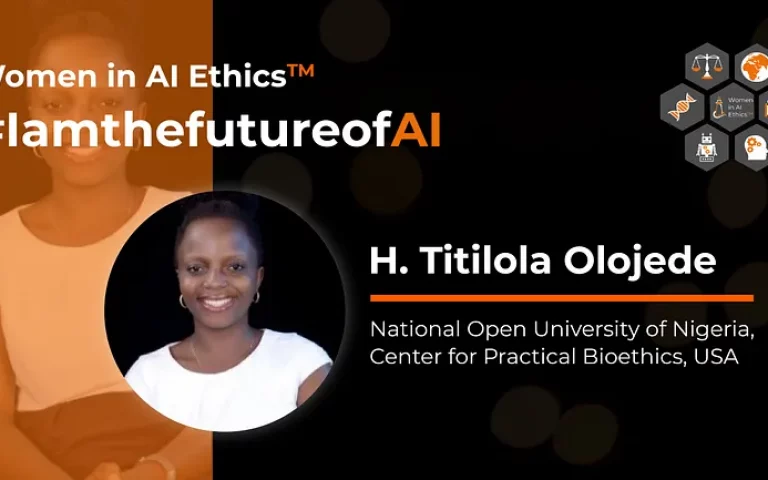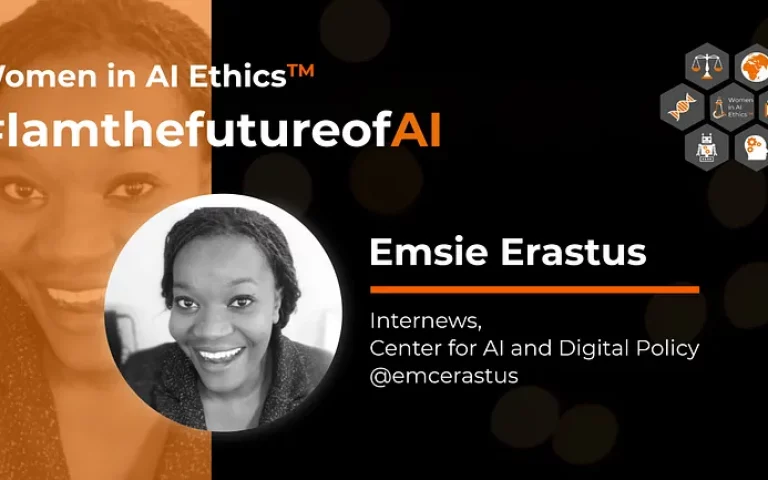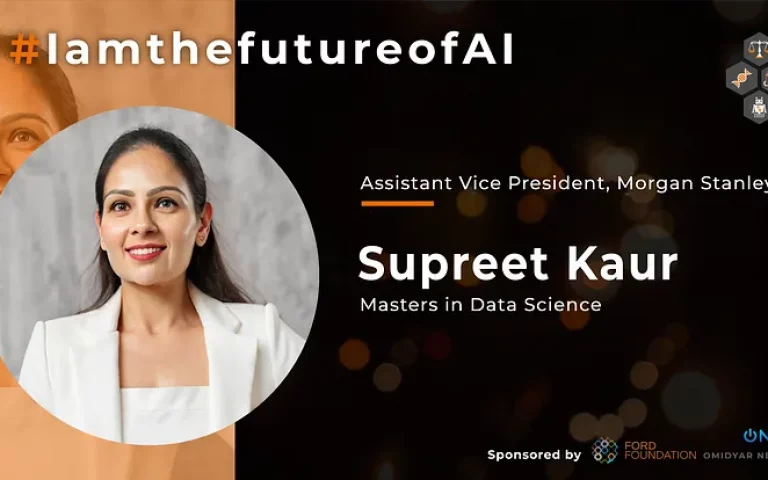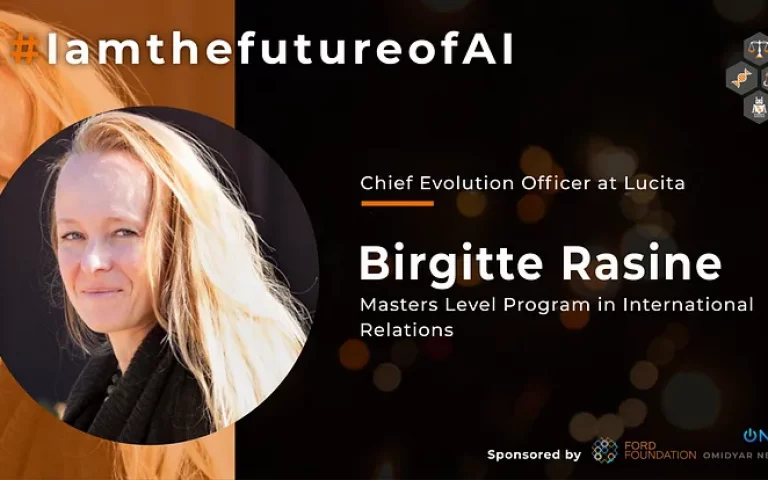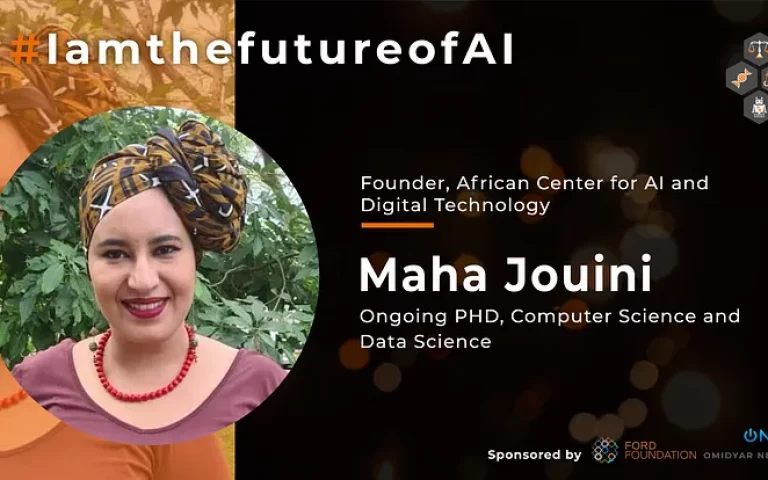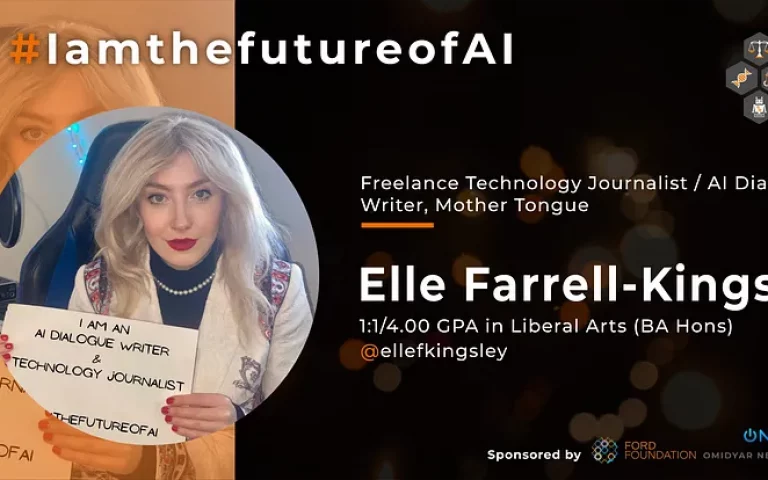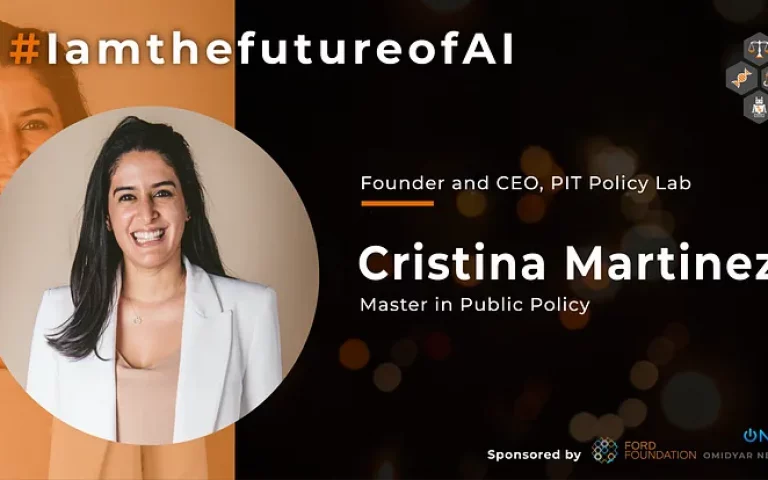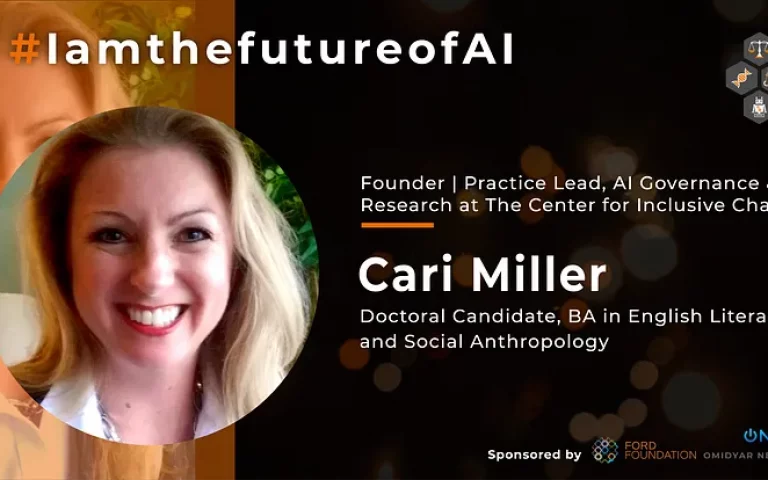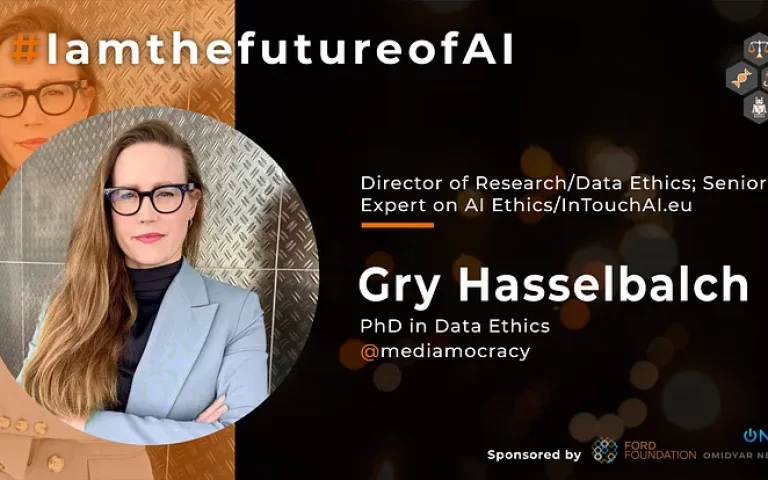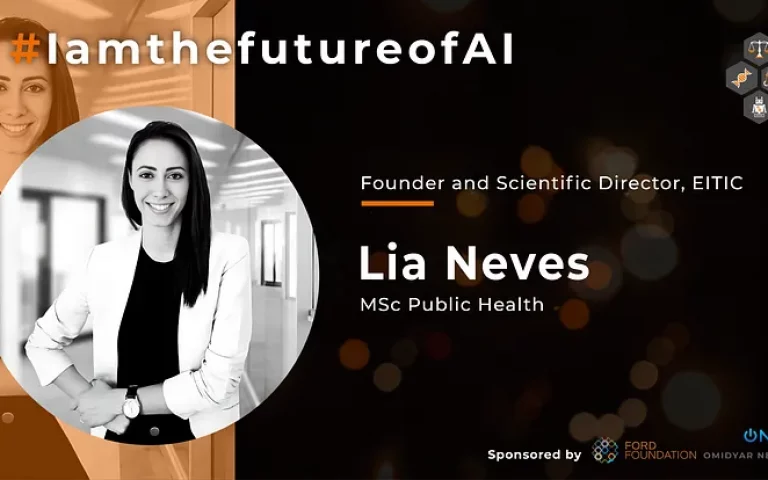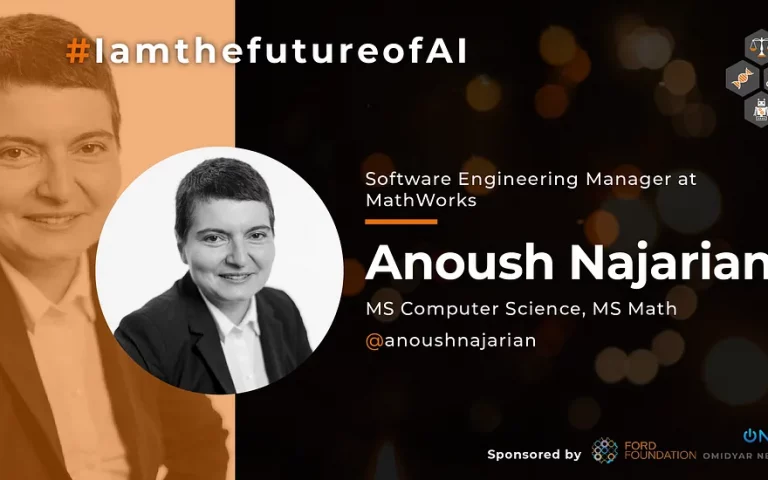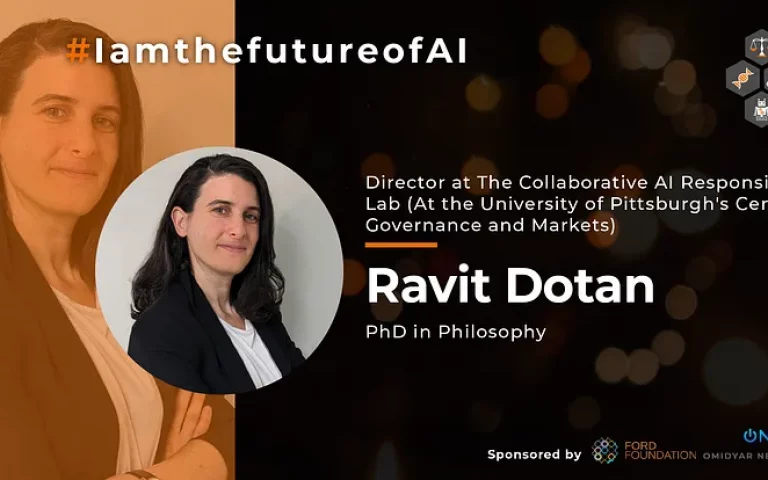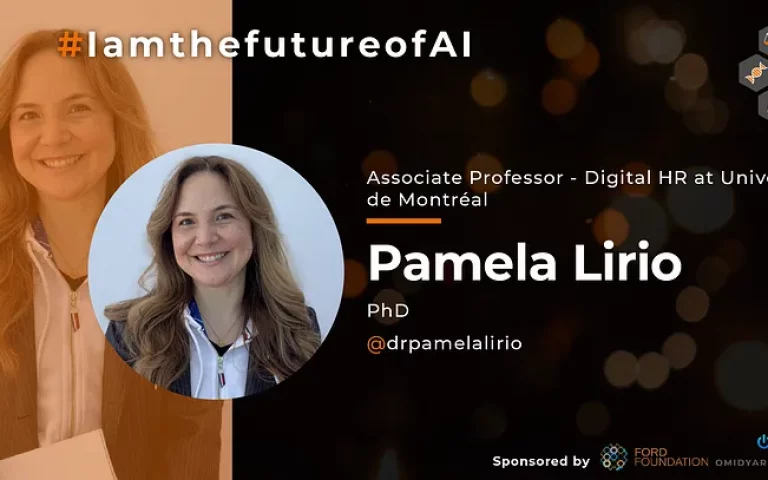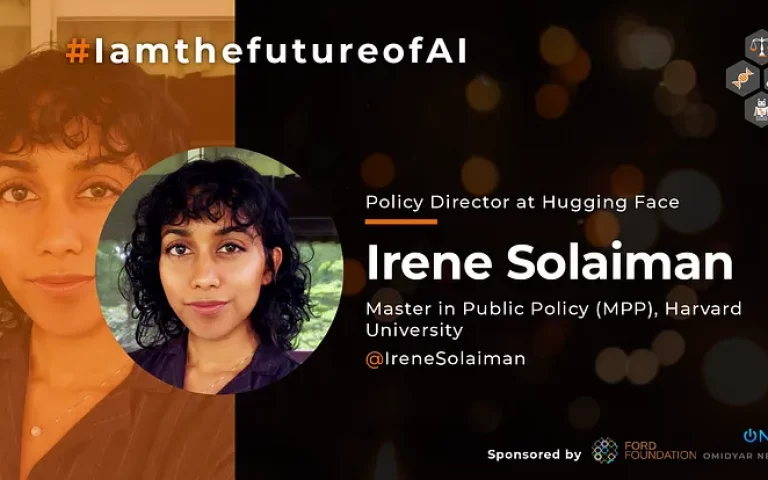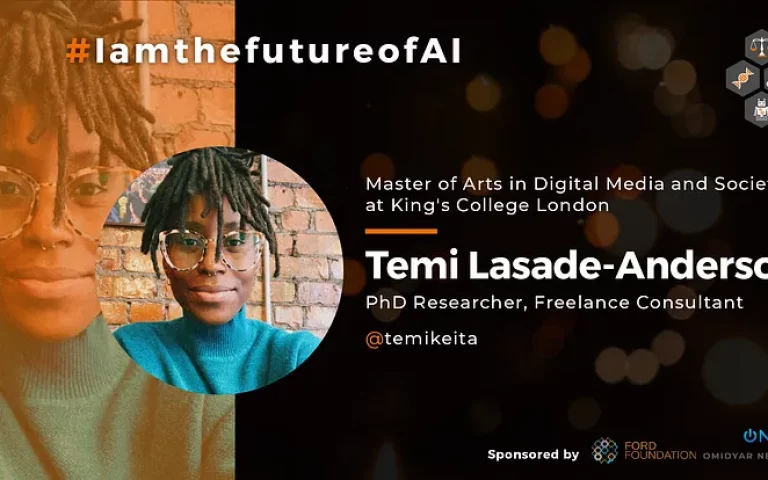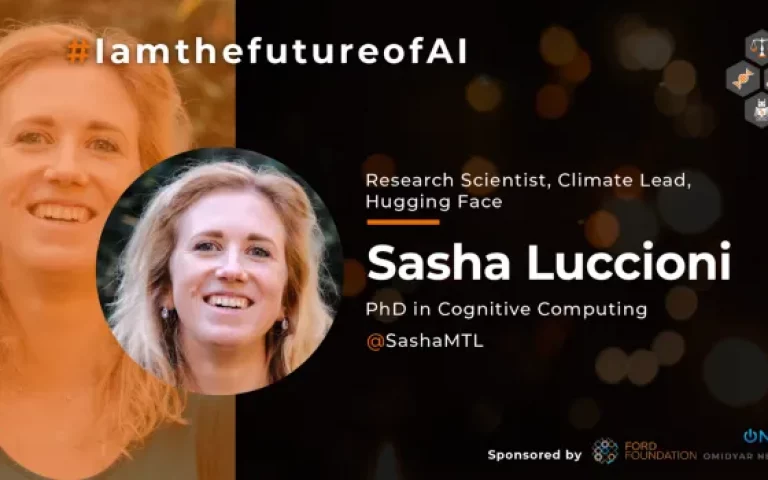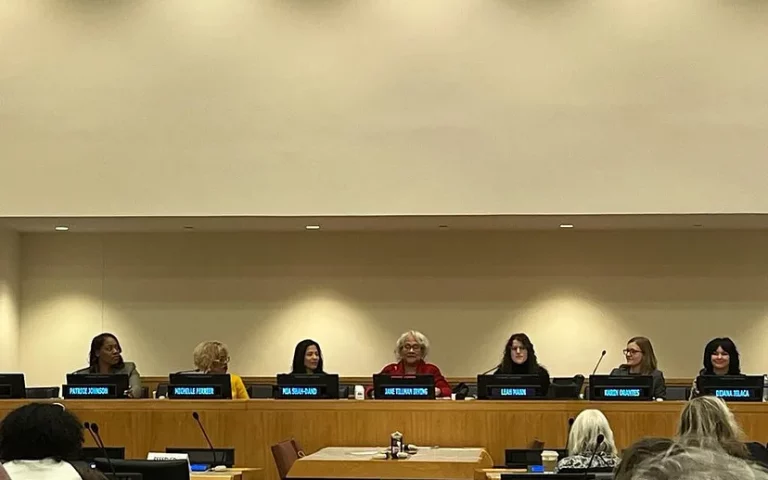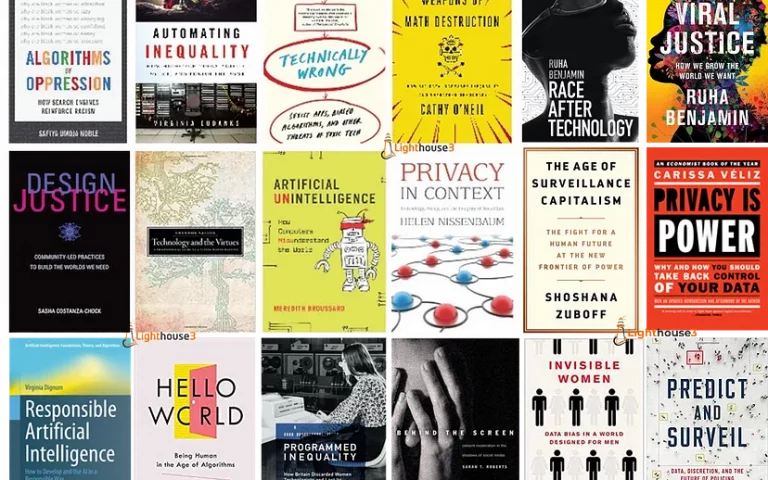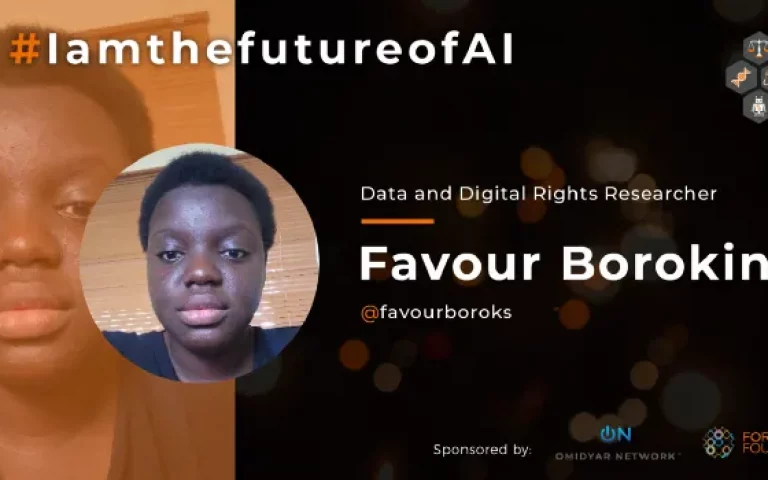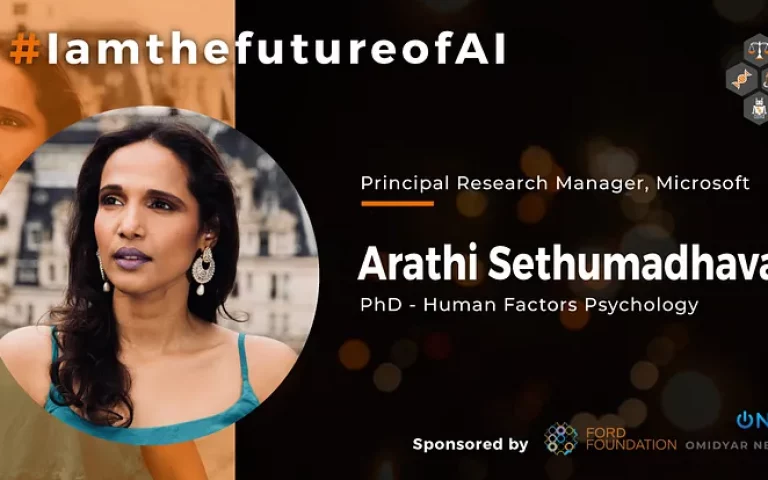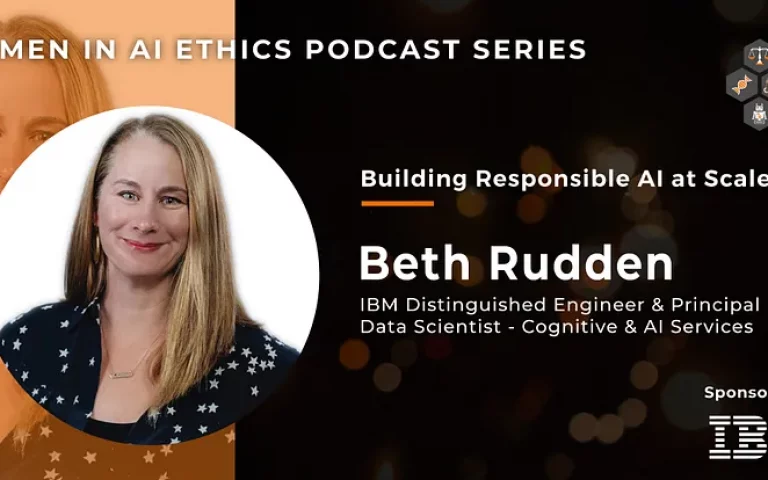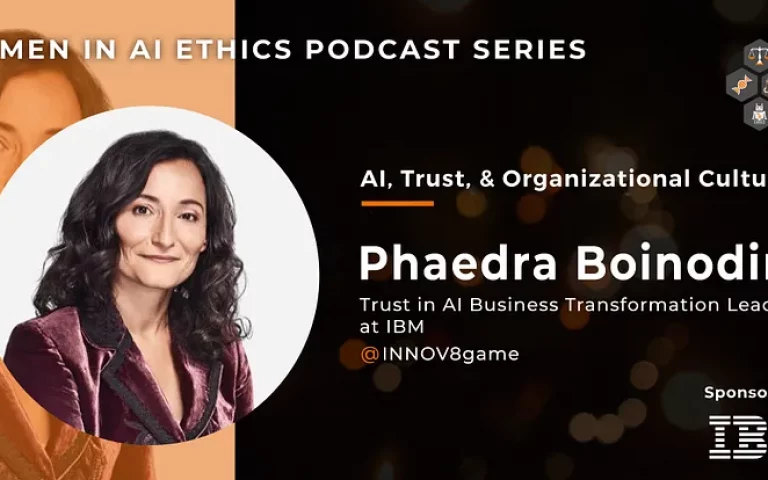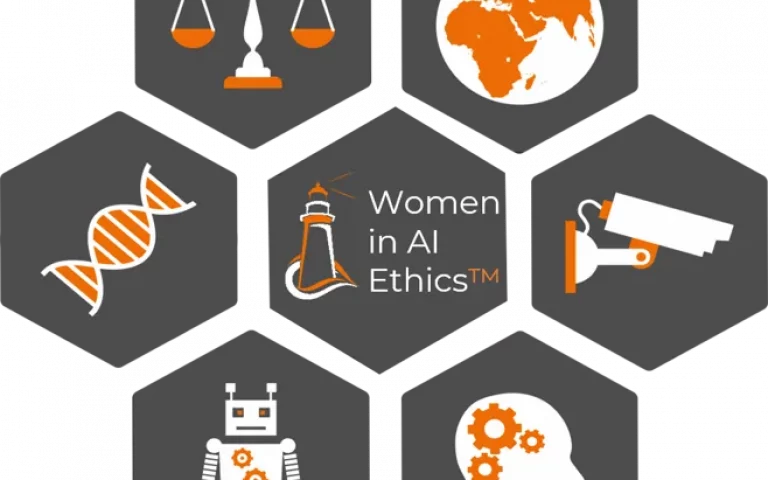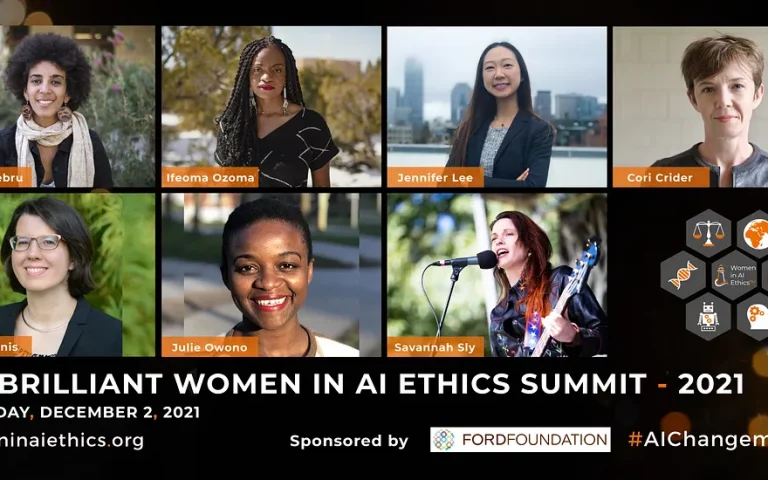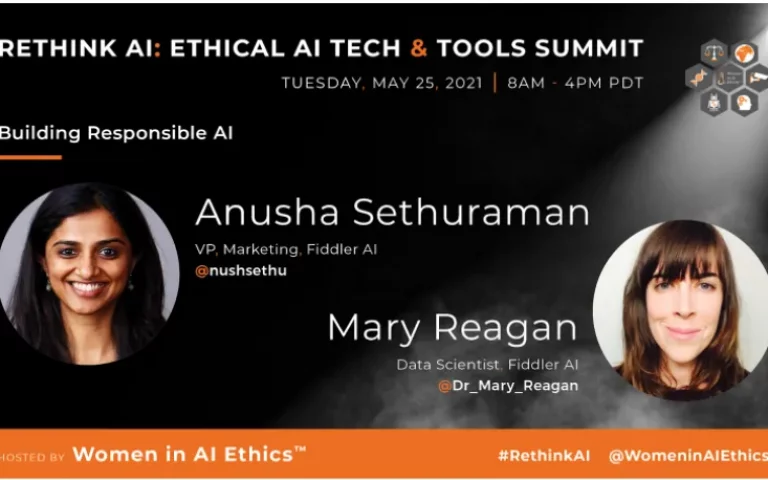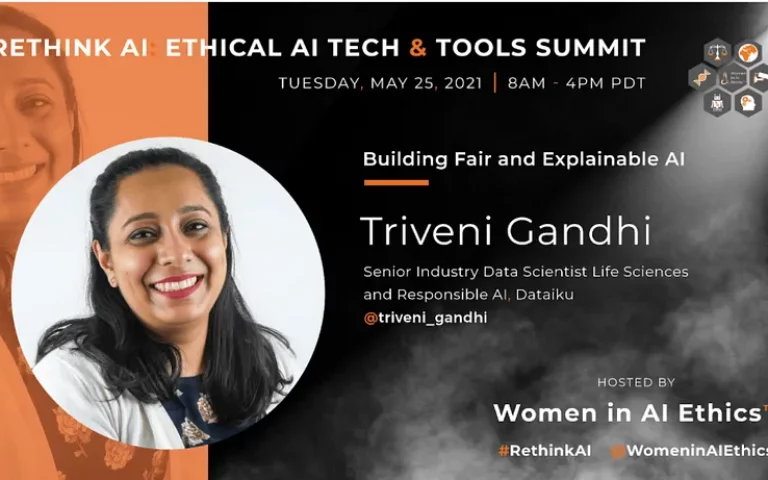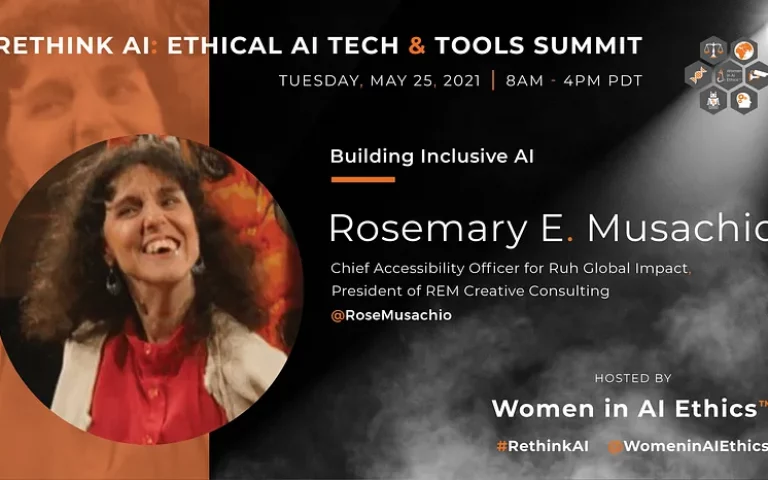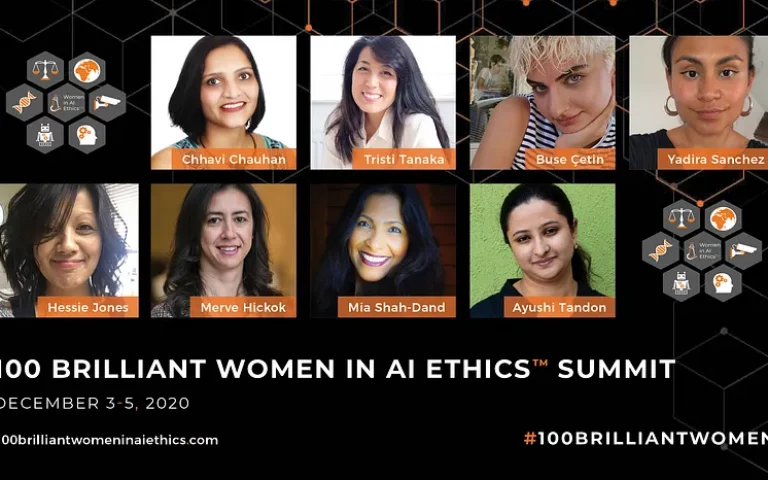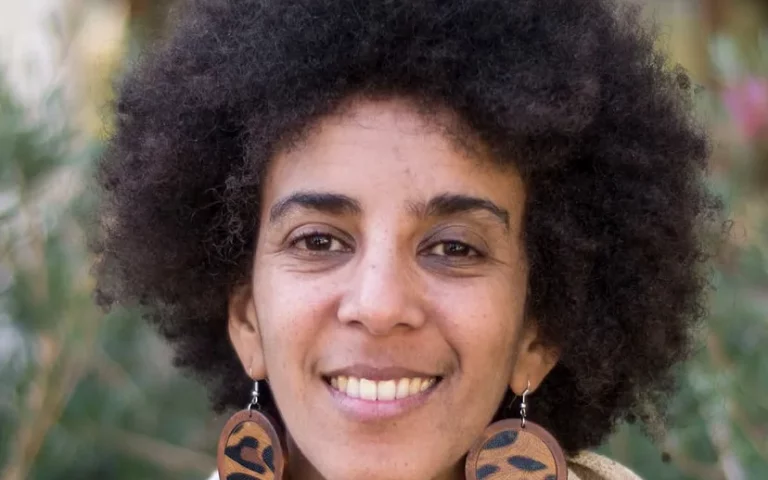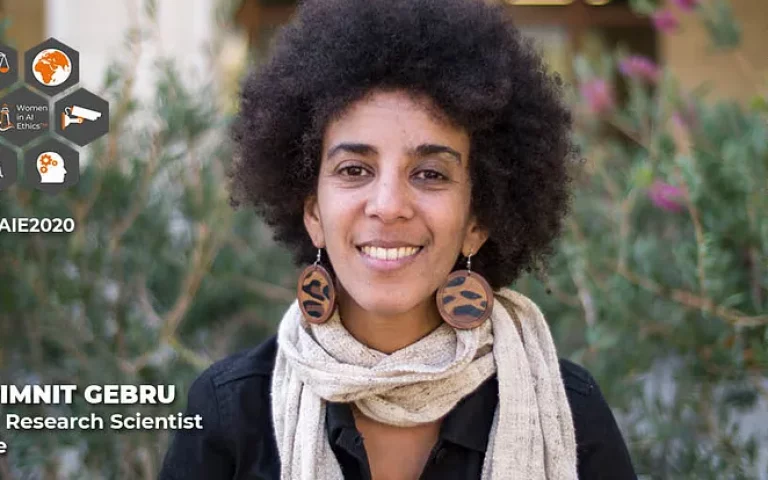AI is everywhere. If you’re looking for a place to focus your energy and upskill your career, the AI space is a great start.
Today we’re joined by Gemma Galdon-Clavell, CEO and Founder of Eticas Consulting. She’s one of the amazing folks who continue to thrive and make an impact in the AI space despite coming from a non-technical background. Find out more about her inspiring career journey below.
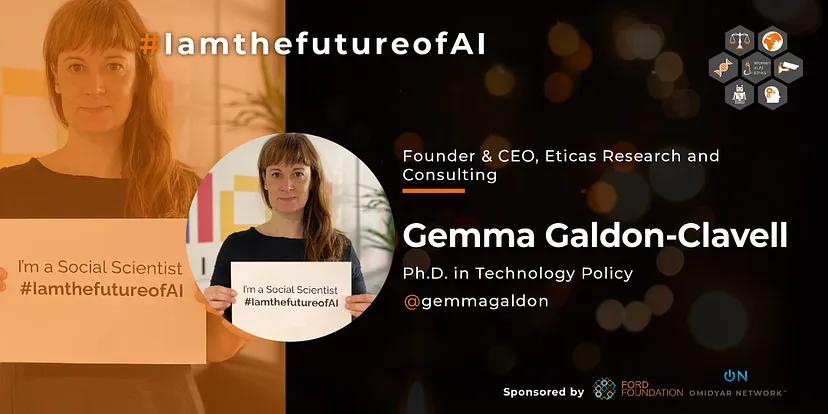
This interview is part of Women in AI Ethics (WAIE)’s “I am the future of AI” campaign launched with support from Ford Foundation and Omidyar Network to showcase multidisciplinary talent in this space by featuring career journeys and work of women as well as non-binary folks from diverse backgrounds building the future of AI. By raising awareness about the different pathways into AI and making it more accessible, this campaign aspires to inspire participation from historically underrepresented groups for a more equitable and ethical tech future.
Can you share an incident that inspired you to join this space?
When I started, I didn’t think that technology would play such a big role in my research. But from 2008 to 2011, when I was writing my Ph.D. in Technology Policy, many technologies were taking an increasingly prominent space in policy, and I was very fortunate to see and capture it live.
The response to my Ph.D. was terrific as well. I received lots of praise, support, and offers to pursue my research line, and today I feel like I won the lottery, as I am able to shape current debates through my work, protect people, and provide a space for the most vulnerable.
How did you land your current role?
While my Ph.D. opened many doors for me, it also limited my chances of staying in Spanish academia. My technical insight was not well received at the Sociology Department where I worked, and my ability to attract funds and projects was seen by my Department as an unwelcome subversion of the status quo. Eventually, I was invited to leave academia and take my project with me. Initially, Eticas was a “vessel” for those projects and I only started thinking strategically about the possibilities of the organization after 2016. At the same time, our work on algorithmic audits proves that we can indeed envision a world where technology is and does better by incorporating responsibility and oversight in its design process.
What kind of issues in AI do you tackle in your day-to-day work?
Eticas’ goal is to protect people from technological processes and at the same time ensure we all have the right to benefit from AI innovation regardless of our gender, skin color, location, or background. We specialize in auditing algorithms and other related AI deployments to tackle bias, discrimination, and negative outcomes on specific groups of individuals.
Our services also include ethics governance, oversight of already developed technologies, and the development and implementation of privacy and ethics by design solutions and processes. We have a proven methodology that equips clients with data and algorithmic processes that incorporate and understand complexities and social impact, leading to verifiable compliance, reduced risks, and more accurate and explainable outputs that can be turned into competitive advantages.
For someone coming from a non-traditional background, what barriers did you encounter and how did you overcome them?
As a daughter of a teenage mother and granddaughter of political dissidents who had to flee Spain, I consider being functional a major achievement. I can now be grateful for the strength and resilience I was raised with, and proud of what I have achieved. Being a woman, with this background, focusing on social science, and being young weren’t the easiest premises to pursue a career in tech. As more women get to positions of power and influence, I believe it is important that we carry our experiences with us, and are vocal about them. In this way, I’d like to help others beat the odds, as I have (so far) done, but also be very honest about what it takes to do it.
Why is more diversity — gender, race, orientation, socio-economic background, other — in the AI ethics space important?
We can see it easily based on the gender example. The discrimination against women has resulted, among others, in separating them from the elites, positions of responsibility, and areas such as research and technology. This has caused the outputs that come from these areas not to have a gender perspective. The result was prolonging, extending, and perpetuating this same discrimination.
Now, this barrier is opening little by little and we see how the progress toward equality is closer. The same can be applied to the rest of the groups mentioned in the question. If we have the representation of these groups, we will have their respective perspectives, which will create a much more respectful, inclusive, and diverse AI.
What is your advice to those from non-traditional backgrounds who want to do meaningful work in this space on how to overcome barriers like tech bro culture, lack of ethical funding/opportunities, etc.?
Coming from a non-traditional background myself and being a person whose career was not initially tech related, I would always recommend enduring, hitting back, and trusting your community and team. We are spread around the globe with the same goal in mind and need to support each other. It’s taken a while to get where we are now but every voice needs to be heard when building a safe space and we can’t give in now.
Dr. Gemma Galdon-Clavell is a leading voice on technology ethics and algorithmic accountability. She is the founder and CEO of Eticas Consulting, where she is responsible for leading the management, strategic direction, and execution of the Eticas vision.
Her multidisciplinary background in the social, ethical, and legal impact of data-intensive technology allows her and her team to design and implement practical solutions to data protection, ethics, explainability, and bias challenges in AI. She has conceived and architected the Algorithmic Audit Framework which now serves as the foundation for Eticas flagship product, the Algorithmic Audit.
Her academic work has been published in Science and Public Policy, Information Policy, Ethics and Information Technology, Citizen Science Theory and Practice or Urban Studies, and in leading academic publishers such as Routledge, Springer, and Sage.
Under Galdon-Clavell’s leadership, Eticas has forged the development of a new market in digital ethics and trustworthy AI, reaching all verticals including social services, healthcare, finance, government, education, cybersecurity, and more. Through the Eticas Foundation, she is also a leading voice in policy circles, having advised international organizations such as the OECD, EU FRA, the UN, or the European Parliament on issues related to applied ethics and responsible AI, and is a tech ethics adviser at international, regional and national public and private organizations.
Her contributions combine academic rigor, policy experience, and a commitment to protect people in technology processes by pioneering solutions and services that translate rights and values into technical specifications. She has appeared in Forbes, Computer Weekly, Wired, El País, La Vanguardia, or Cinco Días, and is a sought-after keynote speaker and media contributor with the mission to shift the way we think about technology.
